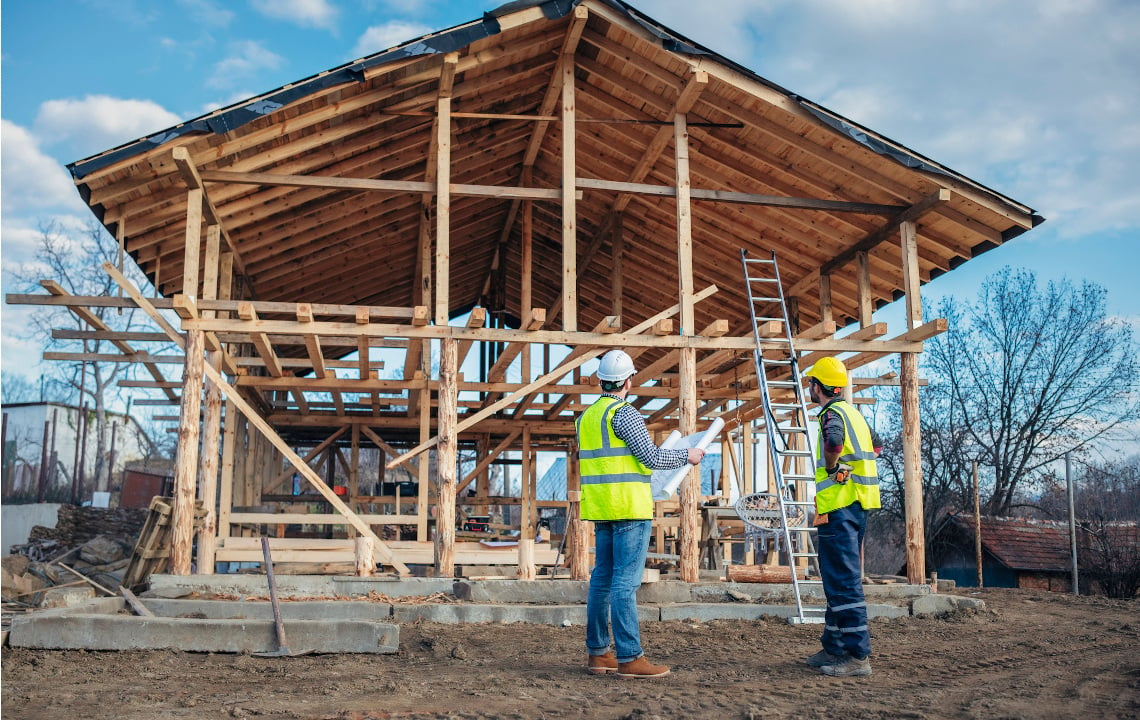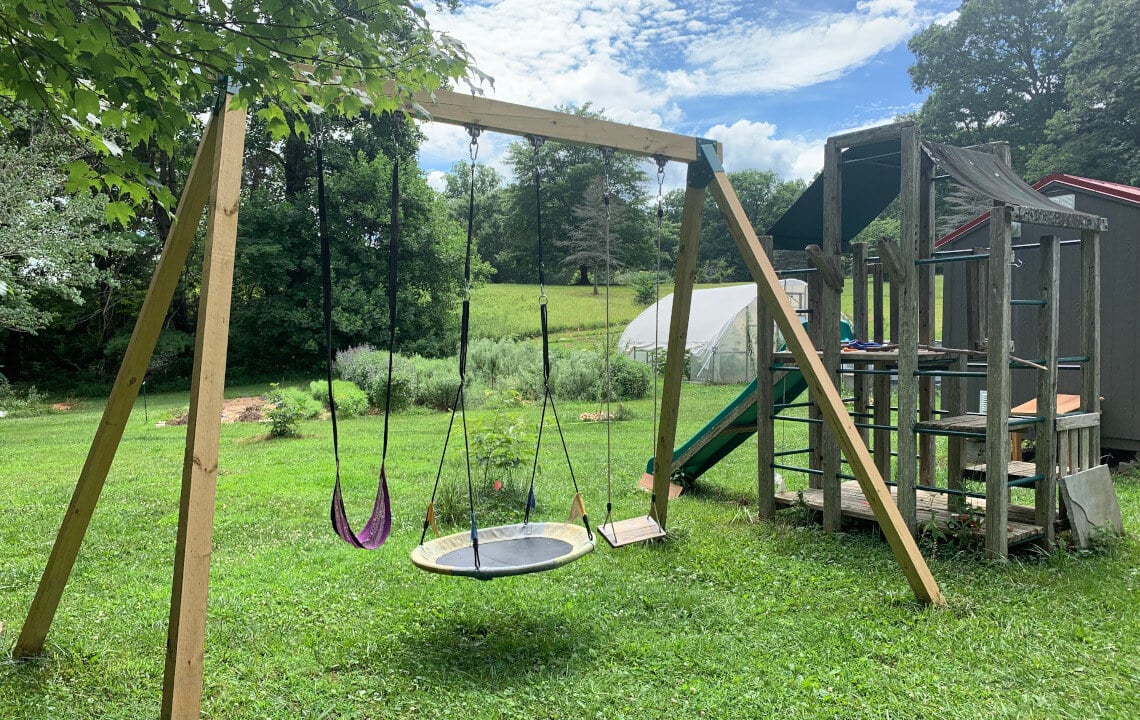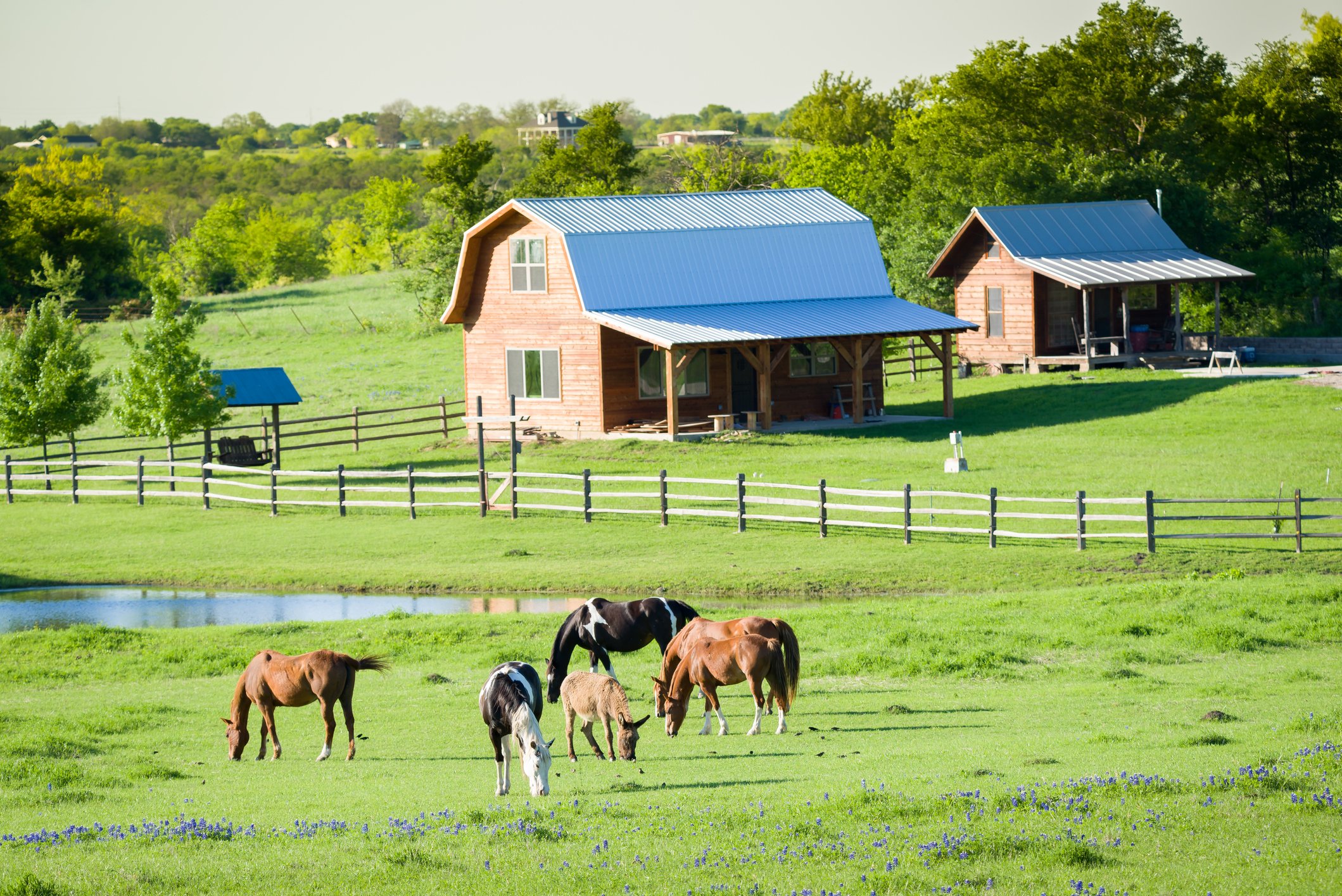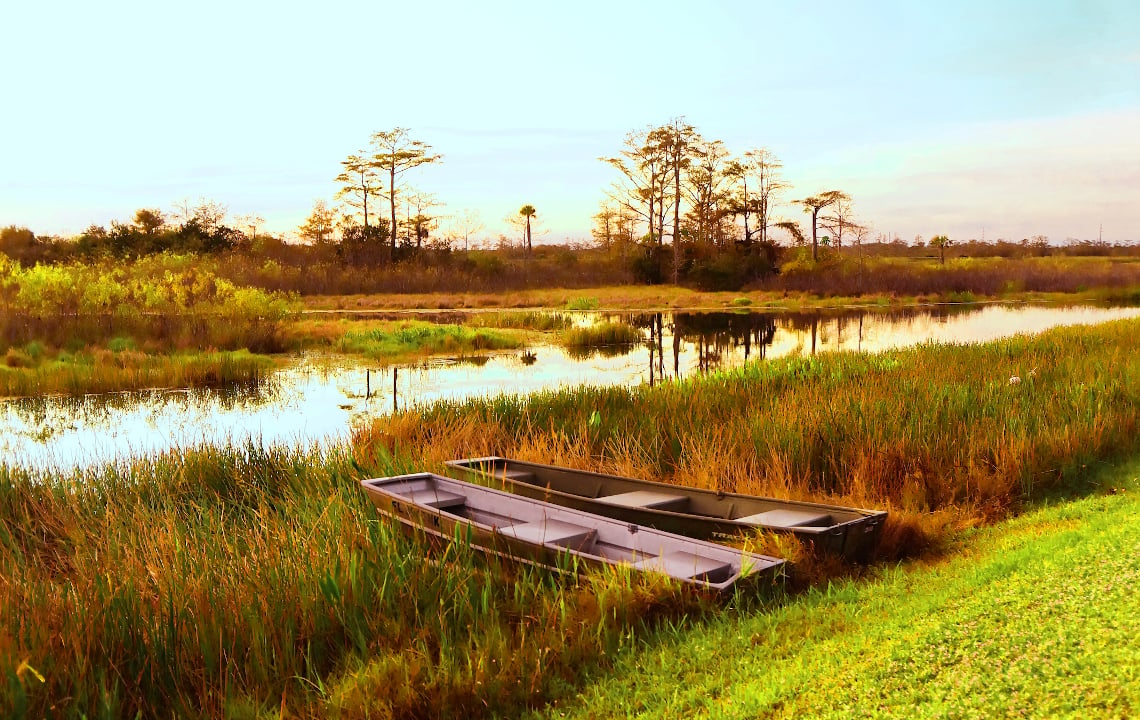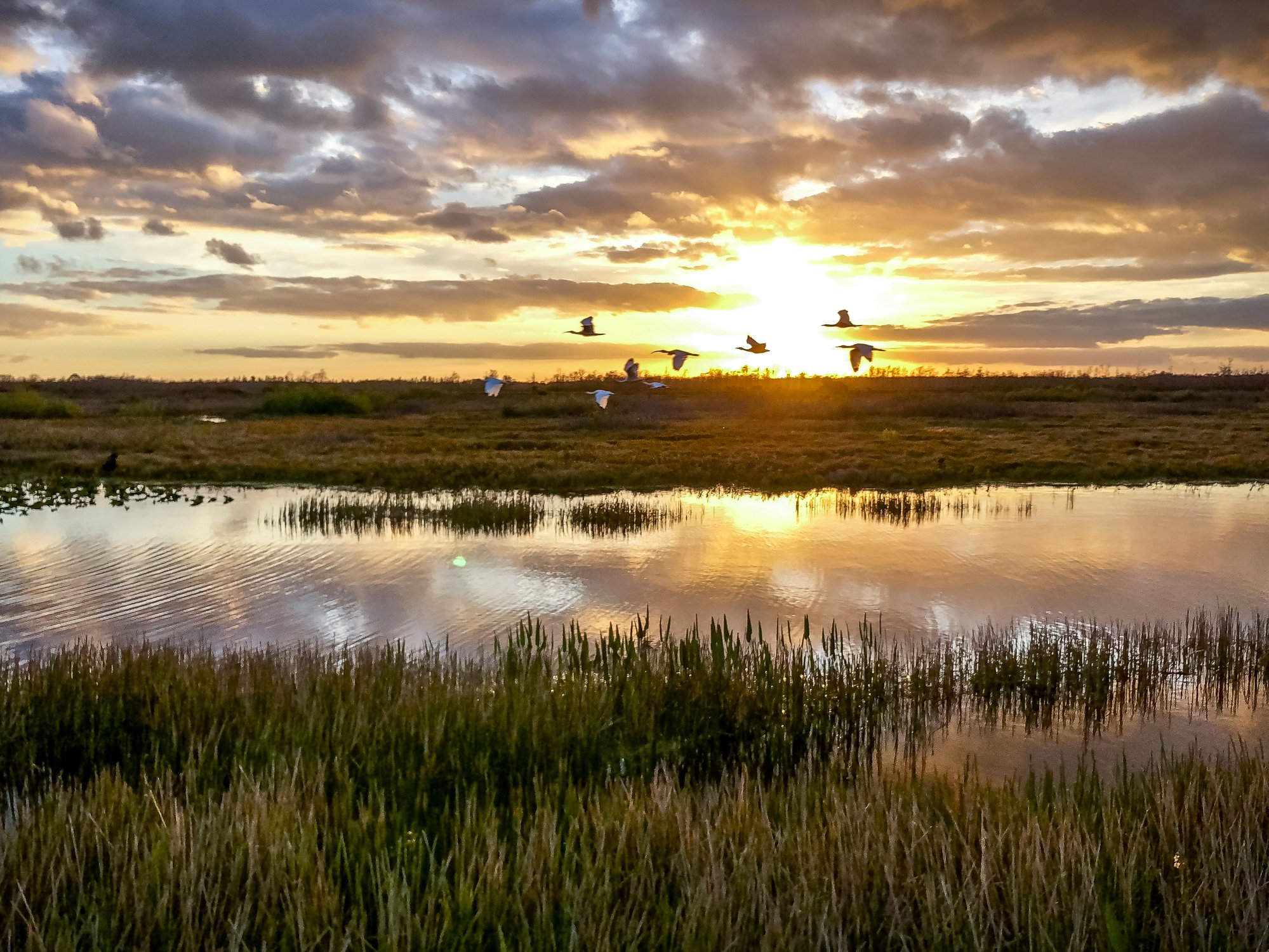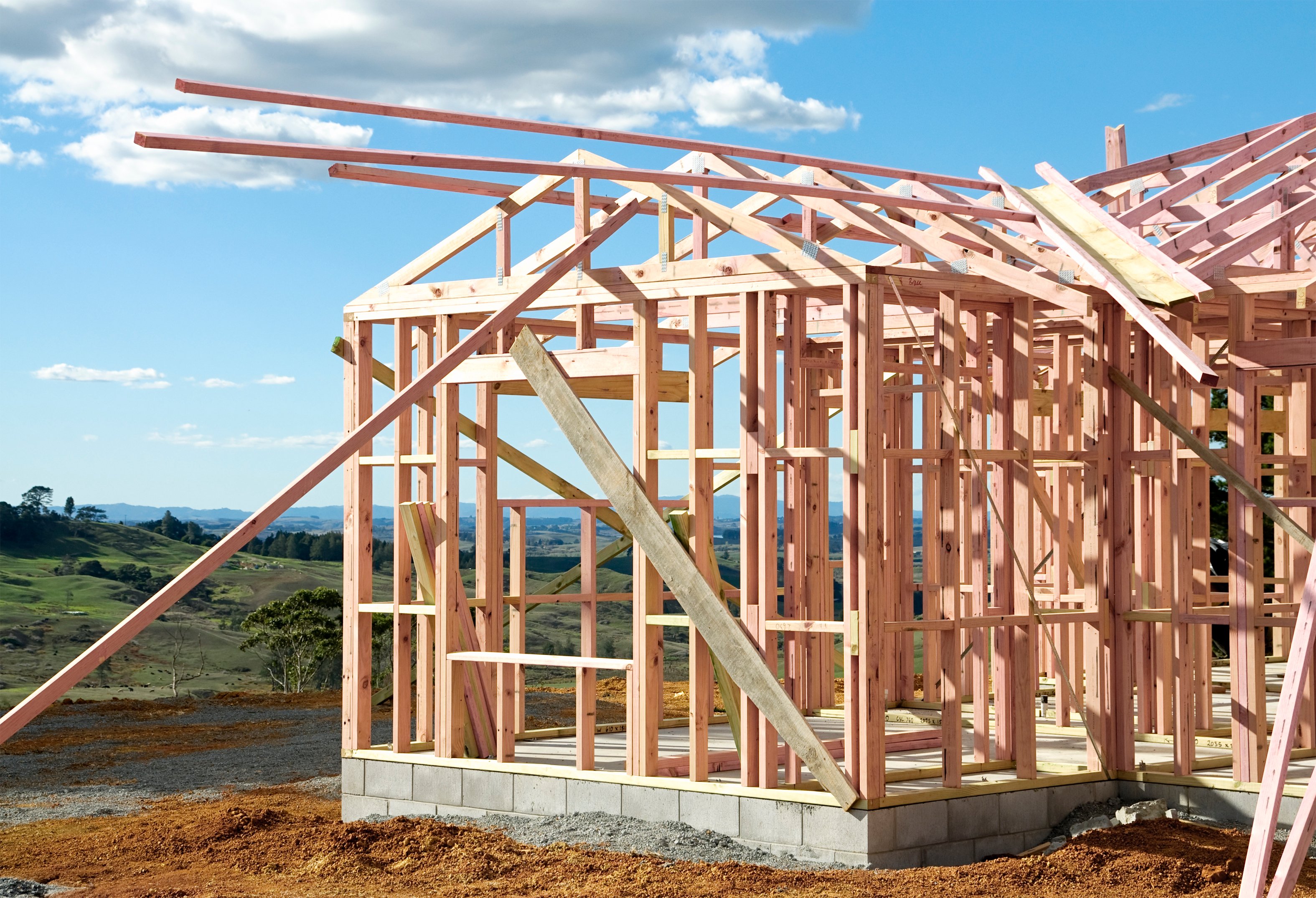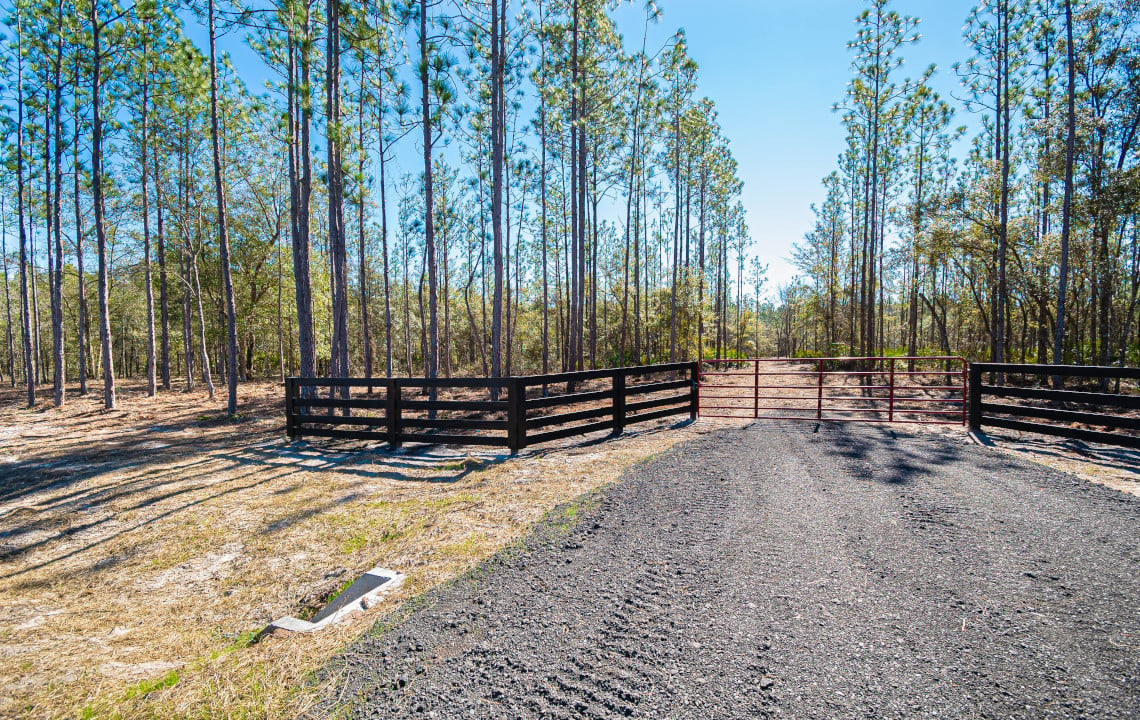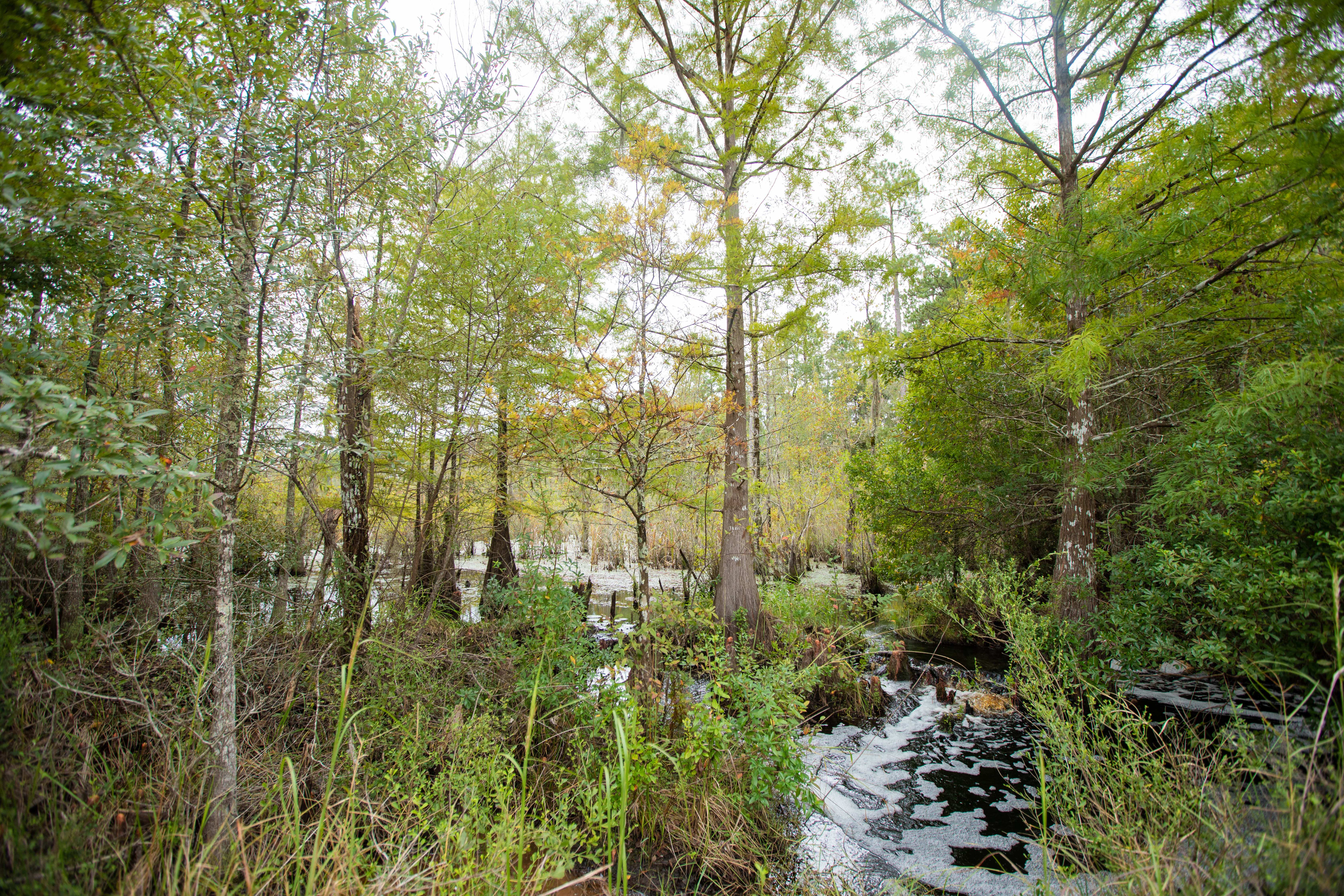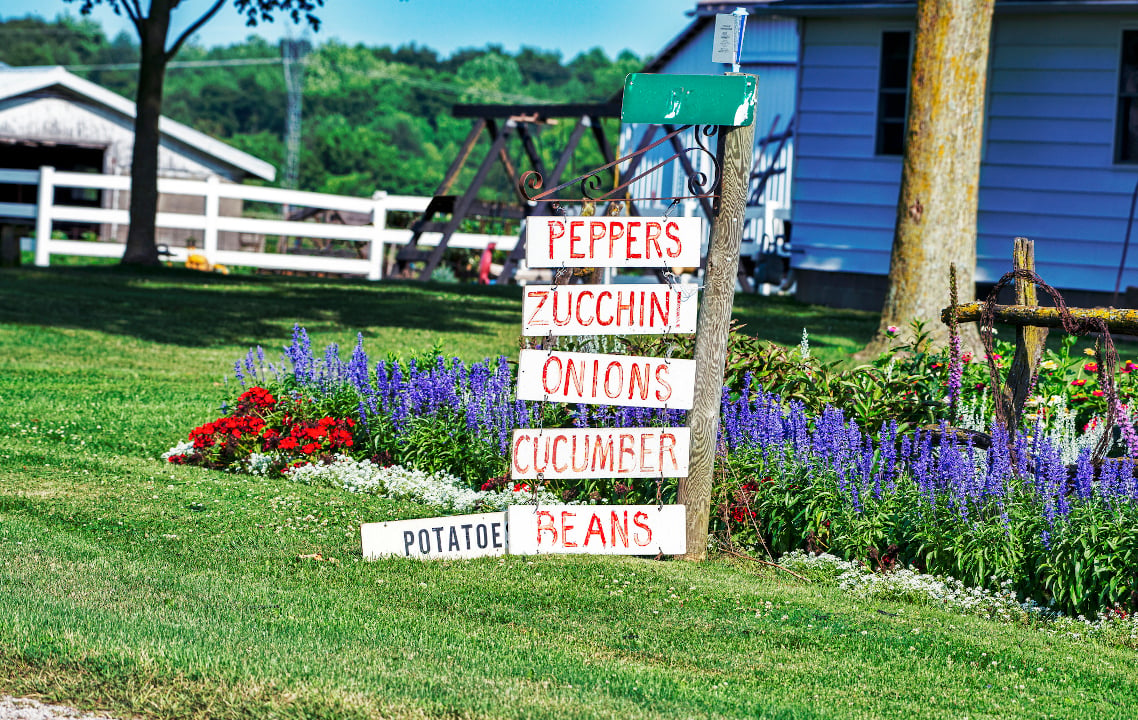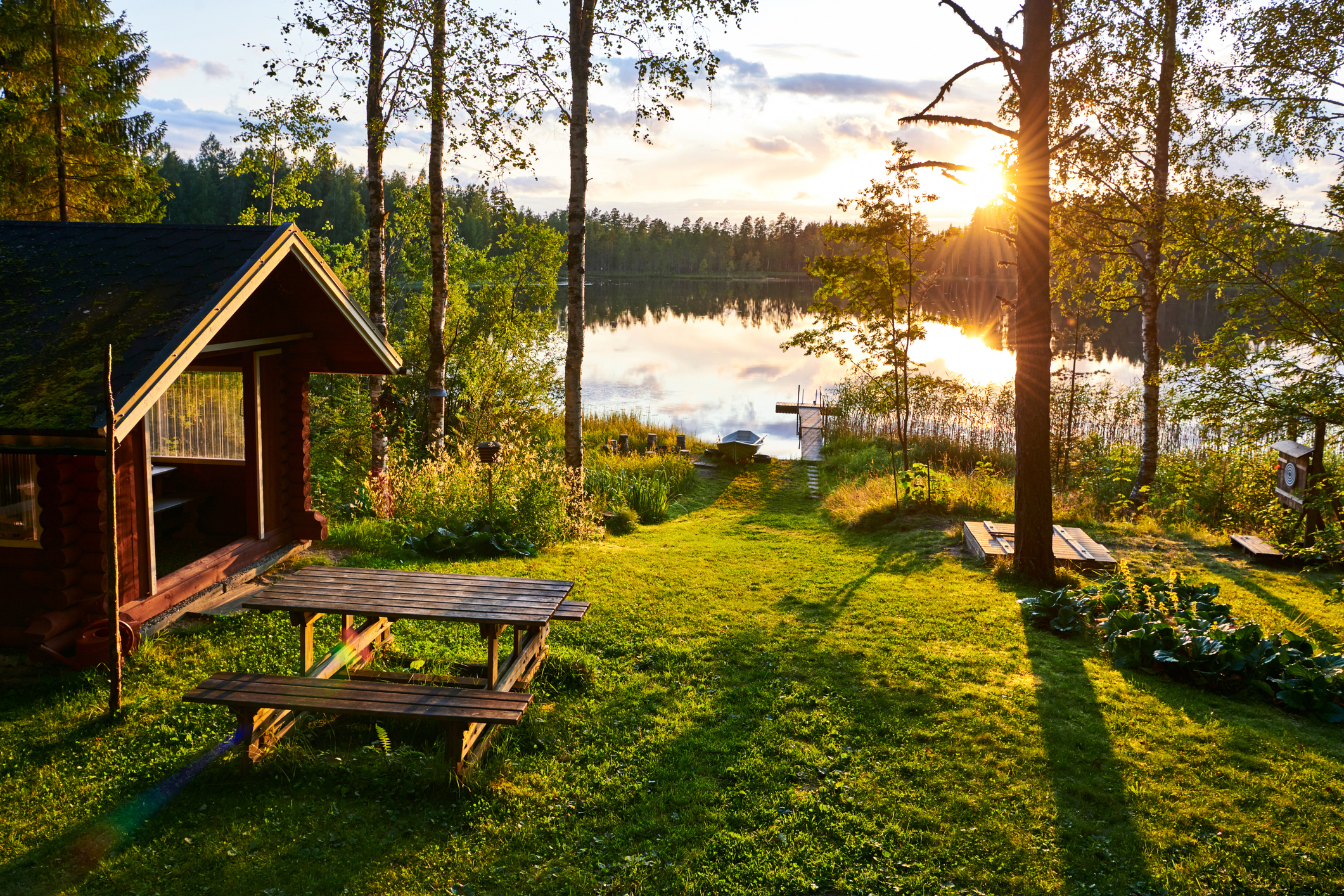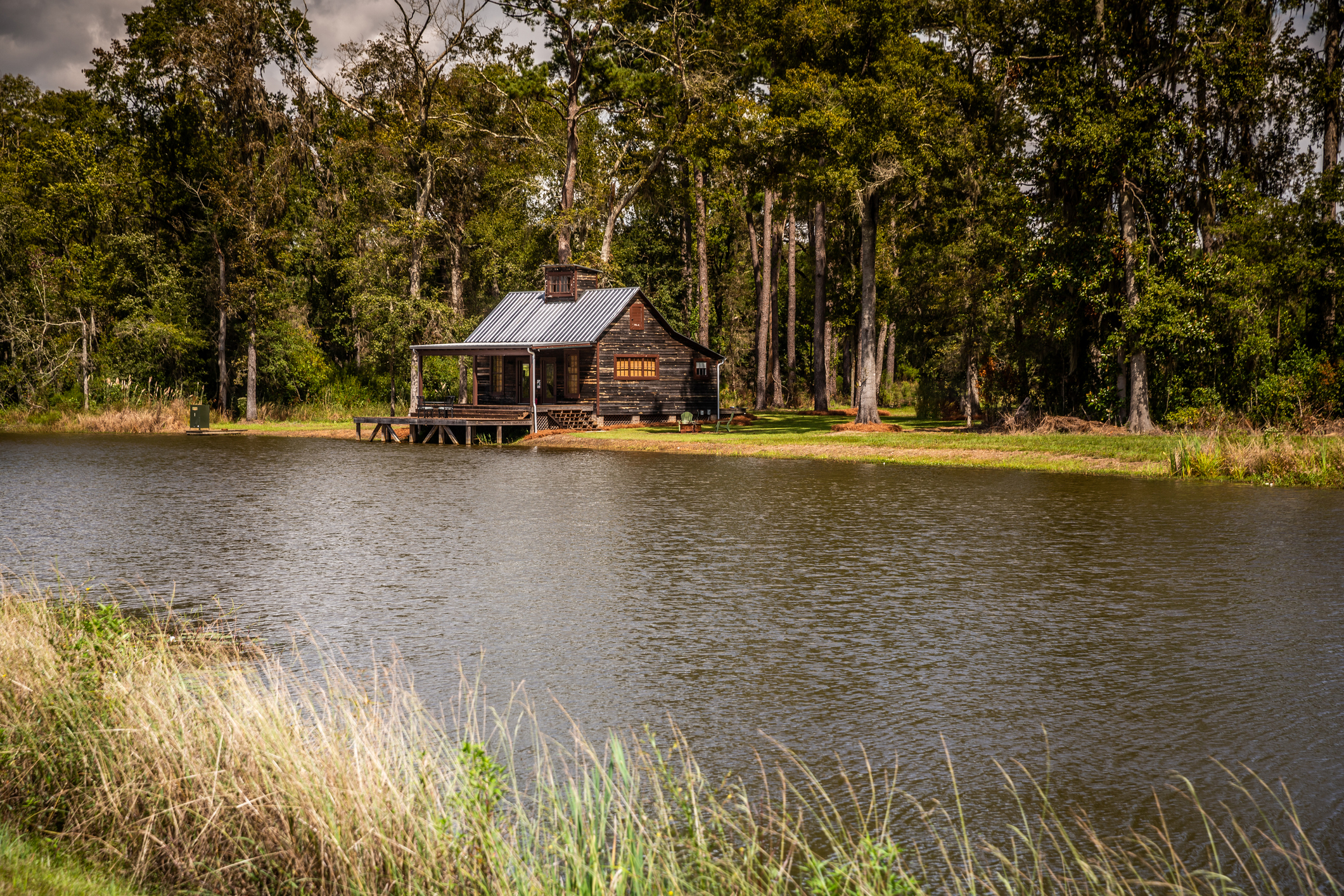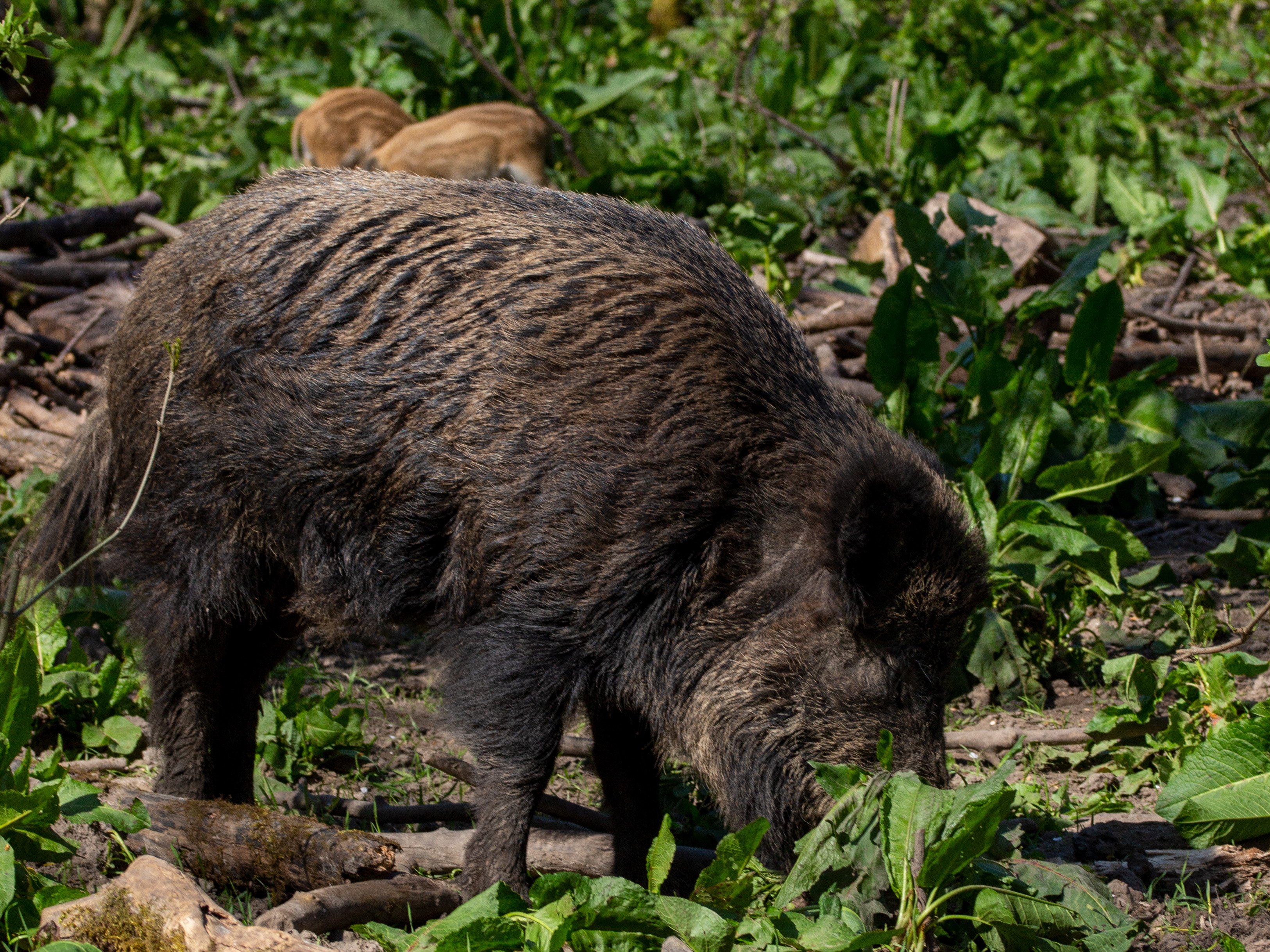Need help understanding the process of buying land? We asked expert land broker Lem Lewis to walk us through what happens between finding your land and closing on your new property.
You’ve done it. You’ve found the perfect piece of property (well, you and your amazing broker). It’s the right size, has all the features you’ve been dreaming of, the location is perfect and the price is right within range!
Now what?
Understanding the Landing Buying Process
We asked Central Texas land broker and operator of Land & Ranch Realty, Lem Lewis, to break down the land buying process—from making an offer to the closing handshake. Here’s what he had to say.
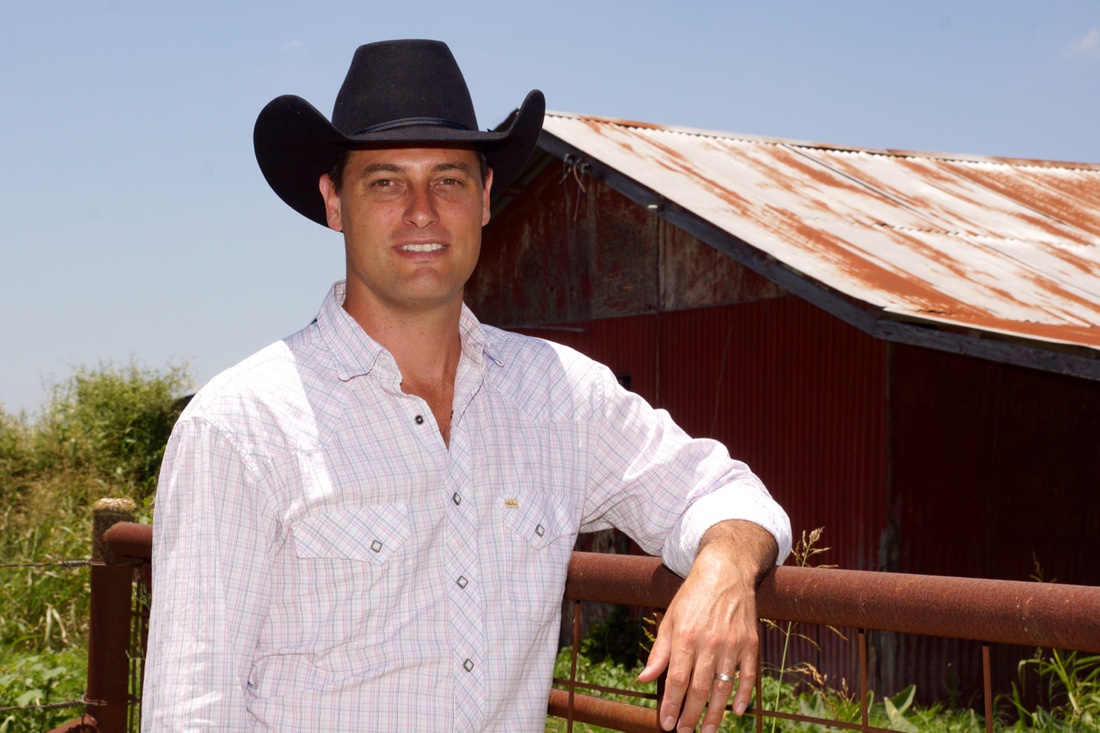
Lem Lewis, also known as The Ranch Broker, is based out of Blanco, Texas. / Photo Courtesy of Lem Lewis
Once you land on a property—find “the one”—how do you figure out what price to offer?
Lem Lewis: Well, at the end of the day, a property’s worth what a seller’s willing to sell it for and a buyer’s willing to pay for it. So there’s no wrong answer to what it’s worth. Typically, the way we find the value is by looking at previously sold properties that are comparable. This is what a certified appraiser would do. They would look at the other properties in the area that are comparable in size, terrain, et cetera, and they would establish what they feel like is an appraised value.
Can your broker do this or is it wise to get an appraisal?
Lewis: A broker will do that on a smaller scale, not a certified scale, but brokers are very good at it. If they know the market area, they typically have a pretty good idea of what something’s going to be worth. But that’s not always an exact science. Sometimes, it’s a range. Properties like this are going to be in this range of prices. So you tend to try to start an offer and a counteroffer situation in that price range. The previously sold properties are typically your best information for establishing value.
I do recommend sellers spend the money and have a certified appraisal done. It’ll give you an idea of what your place is actually worth, but it’ll also give you a tool to hand to a buyer, to show that you can justify what you’re asking.
When you’re dealing with land, it seems, there’s just a lot more variance than in a town or a city.
Lewis: Yeah. That is 100 percent accurate. In the city, you can type in a neighborhood and it’ll give you an average price per square foot of all the houses that have sold in the last six months because they’re all going to be pretty similar. But with ranch land and farmland, it’s very difficult because you can go a quarter mile down the road and have a piece of property that’s entirely different. I mean, one guy may have the river cut into his place and big beautiful fields on both sides, and you go a quarter mile down the road and you see nothing but rocks.
As a broker, we have to kind of use our gut. Sometimes you find yourself in a situation where you say, “Well, I don’t really have good data on this place, but my gut tells me this is what it’s worth.” The longer you do it the better you get.
You recommend getting approved for financing even before you start your search. What other tips do you have for making the financing process go smoothly?
Lewis: I would definitely recommend a lender that specializes in agricultural property [a.k.a. a farm credit institution]. A lot of people make the mistake of wanting to use their banker because they have a relationship, but the agriculture lenders have more experience and can typically provide a better product, better interest rates and things like that for land loans.
After the offer is made, what should buyers do?
Lewis: There’s a lot of due diligence required. Some of the things I would highlight would be surveys and boundary line issues. There’s always going to be title issues that pop up. A lot of times, we’ll have a property that’s been in the family for 50 years, and there may be a road easement or something that nobody even knows about. So looking at title issues is very important.
Some of the properties are under what we call an open space agriculture appraisal. A lot of people don’t know that when you buy a property that’s under an agricultural evaluation it doesn’t just roll over on the property. You have to actually reapply for the ag appraisal. In order to reapply, it has to meet certain guidelines, so even if it’s been under an ag use situation for the past 50 years, if the previous owner didn’t meet certain guidelines, that can jump up and bite a buyer once they close on the property, so that’s definitely something that we look at.
Is there a typical time frame between offer and closing?
Lewis: Well, between offer and closing is going to vary, depending on your negotiation time. So, between buyer and seller actually agreeing and actually getting a contract, until closing, that varies between 30 and 90 days, usually, in my experience.
How can buyers best prepare for closing?
Lewis: The biggest thing is scrutinizing everything. Having a good broker is worth its weight in gold because the broker’s going to look at a lot of things that the buyer won’t even know to look at. A lot of buyers, in my experience, tend to kind of just sit back and wait for closing. It’s my job to grease the wheels, ask the questions and make sure things are running smoothly.






